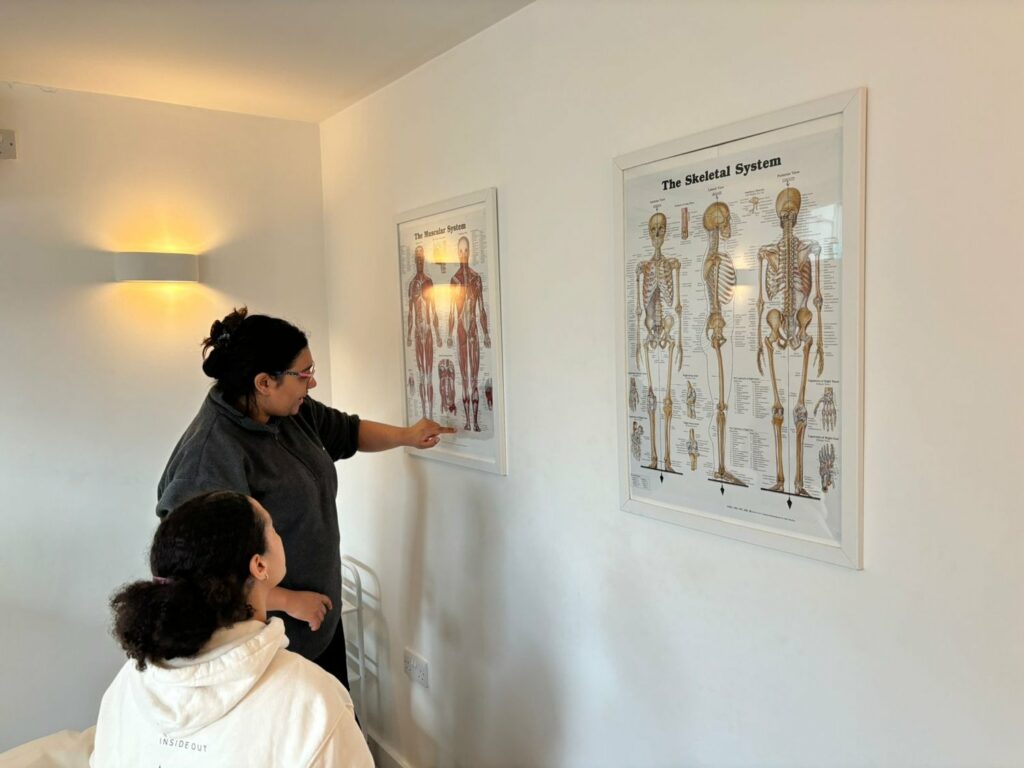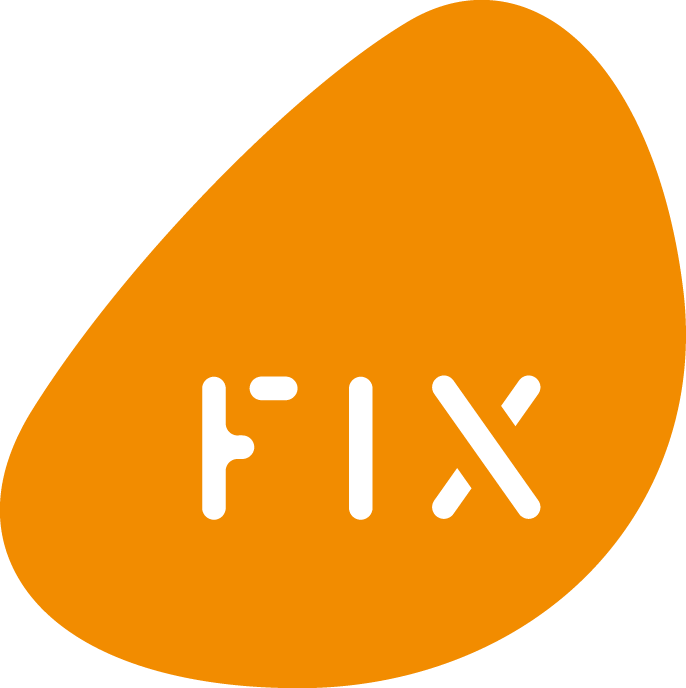Neuro Physio Anya Lotay Tells Us Everything We Need to Know About Neuro Physiotherapy.
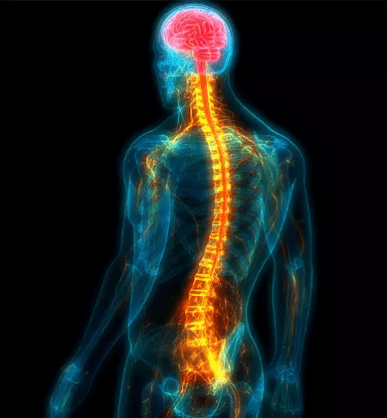
Physiotherapy is a science-based healthcare profession which whilst focussing on physical health and movement generally, takes into account the ‘whole person.
“Neuro” refers to anything which related to the neurological system which includes the brain, spinal cord and nerves. So, Neuro-Physiotherapy is supporting people to manage their physical ability and movement when they have or have had disruptions to the way their neurological system is working.
These disruptions could be due to an event such as a Stroke, Head Injury or Spinal Cord Injury. Or they could be what we call ‘Long Term’ conditions such as Parkinson’s Disease and Multiple Sclerosis (MS). These are just a few examples of conditions that Neuro-Physiotherapists can treat. Have a look at my booking page to see more.
What will my assessment look like?
Firstly, we’ll talk. Probably a lot more than you’re expecting from a physiotherapy appointment. But I believe I come up with most of my treatment plan from talking to you, finding out what your main difficulties are and what you want out of our session. I will ask you questions about your condition, and your symptoms including pain, weakness, changes in sensation and day-to-day things you find difficult. I also want to know about you in general, things that are important to you, what worries you if anything and what you enjoy. If I can get to know you as a person, it will help me to tailor your treatment and keep you interested.
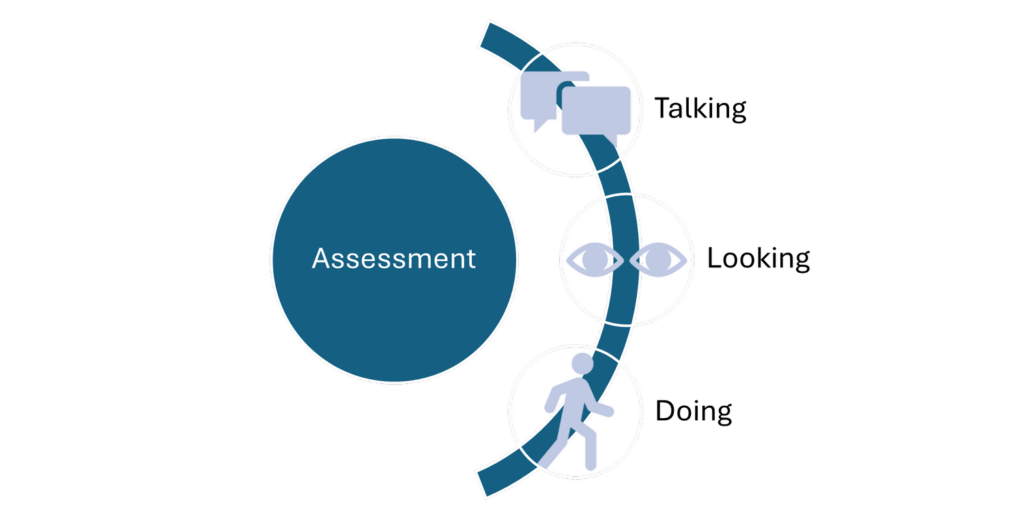
Next, I want to see what’s going on for you. Not because I don’t believe you – but to help me understand even more. I’ll assess your sensation, strength, co-ordination and range of movement.
This might also include assessing spasticity, posture and limb awareness. I plan to take some videos of assessments so you can see what this might look like.
Once your assessment is complete it’ll be time to look at how you’re moving, see if it can be changed for the better and start you off on a programme. This might be me assessing the quality of your movement, your balance, walking or whatever task it is you’ve told me is difficult. Although my treatments will vary from education, lifestyle advice, hands on treatment and exercises, I will always try to send you home with something movement based to practice outside of our sessions.
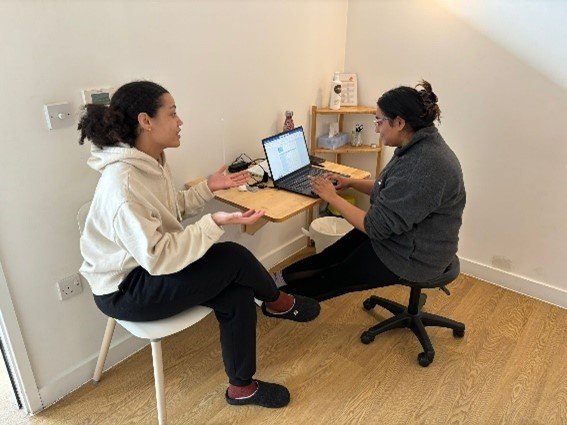
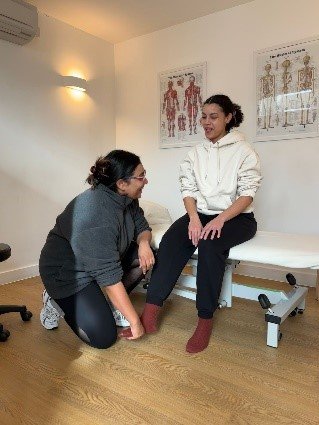
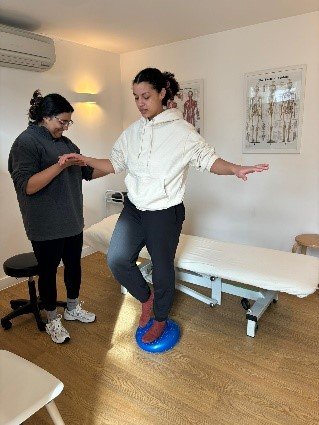
What will my treatment look like?
Neuro-physiotherapy treatments are varied, and everyone’s treatments will look different. It’s likely we will do a bit of everything during your journey with me but some aspects might be more important to you than others.
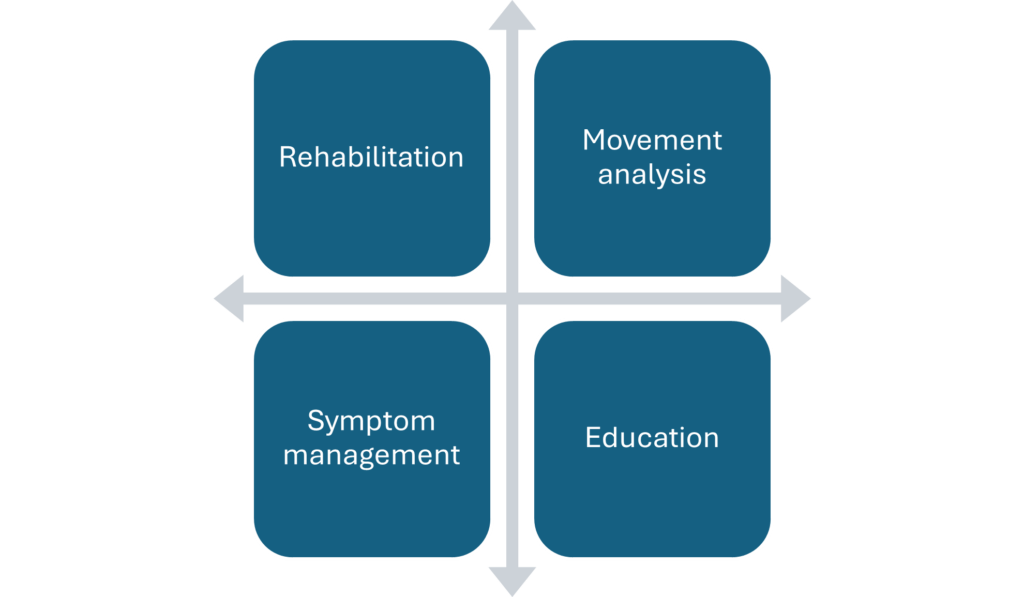
Rehabilitation
Rehabilitation can be restorative (trying to get normal movement back) or compensatory (finding ways for you to do what you need and want, despite your symptoms). It’s likely we use a mixture of techniques with everyone. Restorative therapy might involve exercises or hands on facilitation of movement whereas compensations might involve walking or transfer aids and changing movement techniques. Both pathways can use adjuncts such as sports taping, electrical stimulation and splinting – it’s just the desired outcome that might be different.

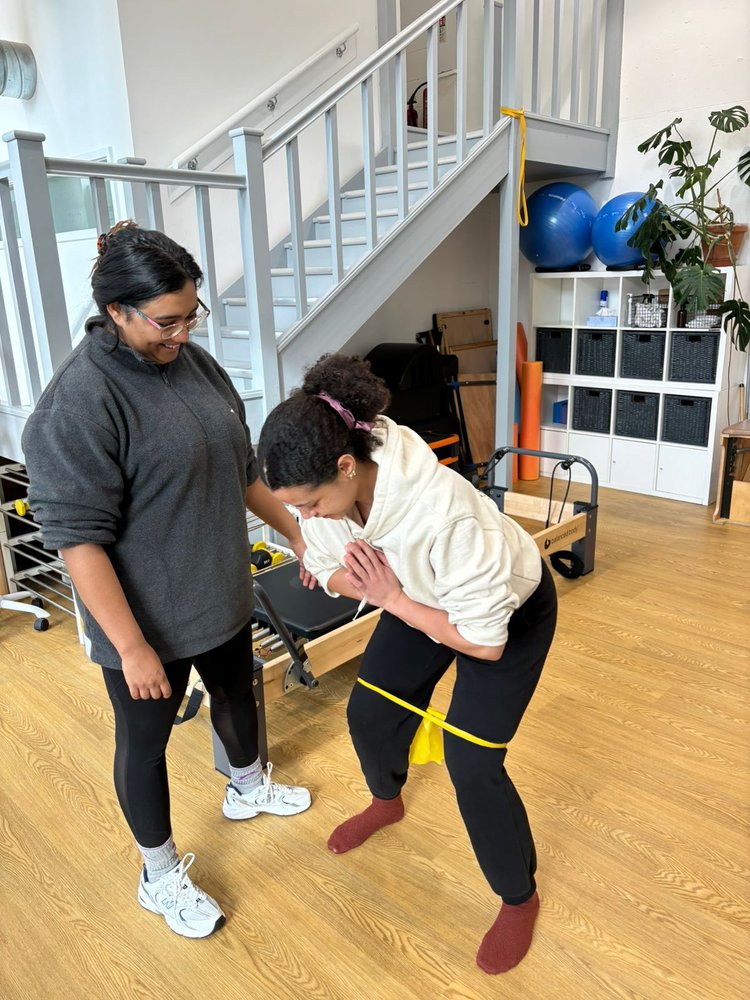
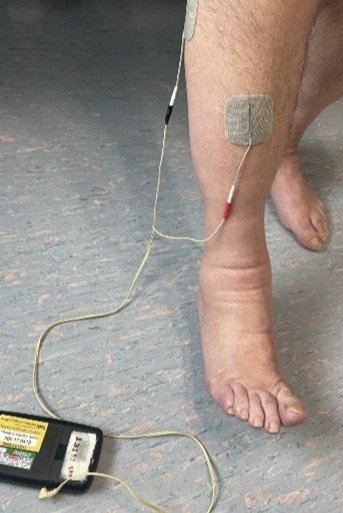
Movement analysis
As I mentioned before, part of your assessment will be analysing your movement patterns. This directly links to your treatment plan as if we identify a task or movement that you want to find easier – it’s likely we will practice this. For example, if you find getting off your sofa challenging I’ll have a look at how you complete a sit to stand. I’ll then look at how you’re moving, which muscle groups or joints might not be working optimally and then help you work on this.
This might be with stretching, strengthening exercises, endurance exercises or even breaking the movement down into parts to practice. Some people find it helpful to learn how to feel or see the correct movement by using a mirror or I can help you with the movement with my hands. You will then need to practice some of this at home between appointments, and when you come to see me again we will review how this is going, look at the movement as a whole and progress the exercises where needed. This process can be repeated for any task – reaching for things in a cupboard, getting out of bed, getting dressed or whatever it is you need to do!
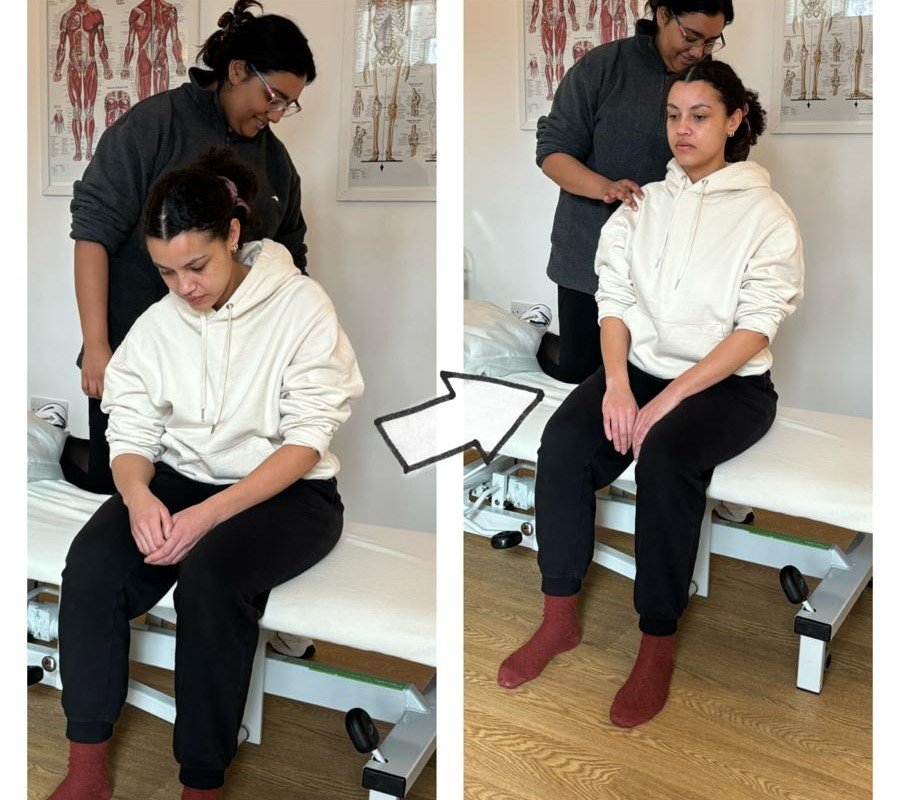

Symptom management
Some neurological conditions mean that unfortunately your physical situation is unlikely to improve. If this is the case, your physiotherapy treatment might be more about managing how your symptoms impact your daily life and supporting this. This is called symptom or disability management.
For example, if the area of your brain which controls your ability to stop or start movement is affected like in Parkinson’s Disease – we might work on strategies which aim to override this issue or compensate for the effects of it.
People with Parkinson’s Disease often benefit from cueing strategies to help with movement and walking and core stability exercises to reduce the risk of falling. This is a mixture of symptom management and rehabilitation. Additionally, if your lack of movement from a brain or spinal cord injury as caused a limitation in the movement of a joint (contracture) or the weakness is not improving – we might use splints to help you maintain the range of movement you do have or give stability.
An example of this might be if you can’t lift your toes up when walking or your heel doesn’t reach the ground – we can use an ankle-foot orthosis or wedges in your shoes to reduce the impact this has on your balance.
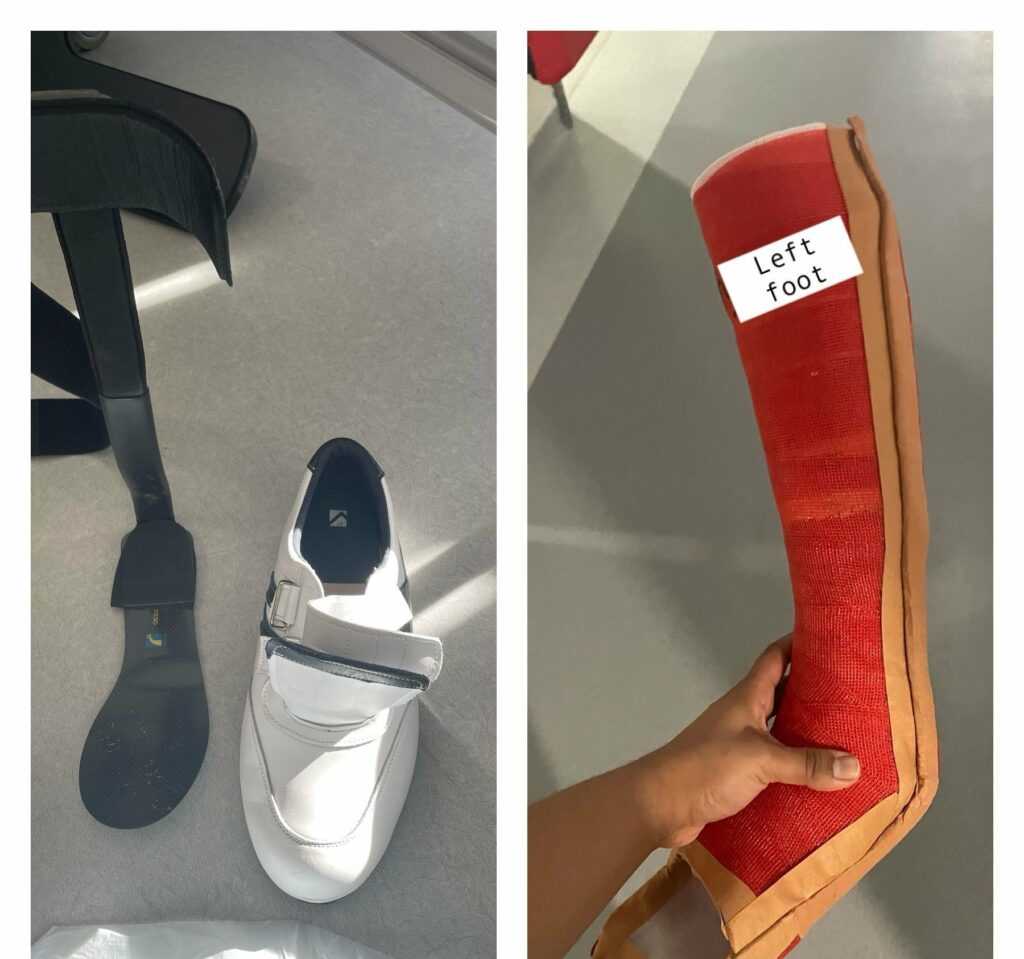
Education
Finally, education! This is arguably my greatest tool. Because although I love seeing you and helping you out, ultimately I can’t be with you all the time and forever. So if I can help you to understand your condition, how to help yourself and give you the tools to do this (maybe with me dipping in and out where you need it) – this is a mega win for me. Lots of people with long term neurological conditions experience pain and reducing this is one of their main goals of physiotherapy. Pain is a super complex concept which isn’t just linked to physical damage or change so lots of the education I provide is on how to manage pain and if we can’t reduce it, finding ways to reduce how much it impacts your life.
For some people, knowledge is power, and they need to know who, what, why, when and how in order to gather the motivation (power) to engage in my suggestions. This is absolutely understandable and I welcome question after question if it helps you to get better.
